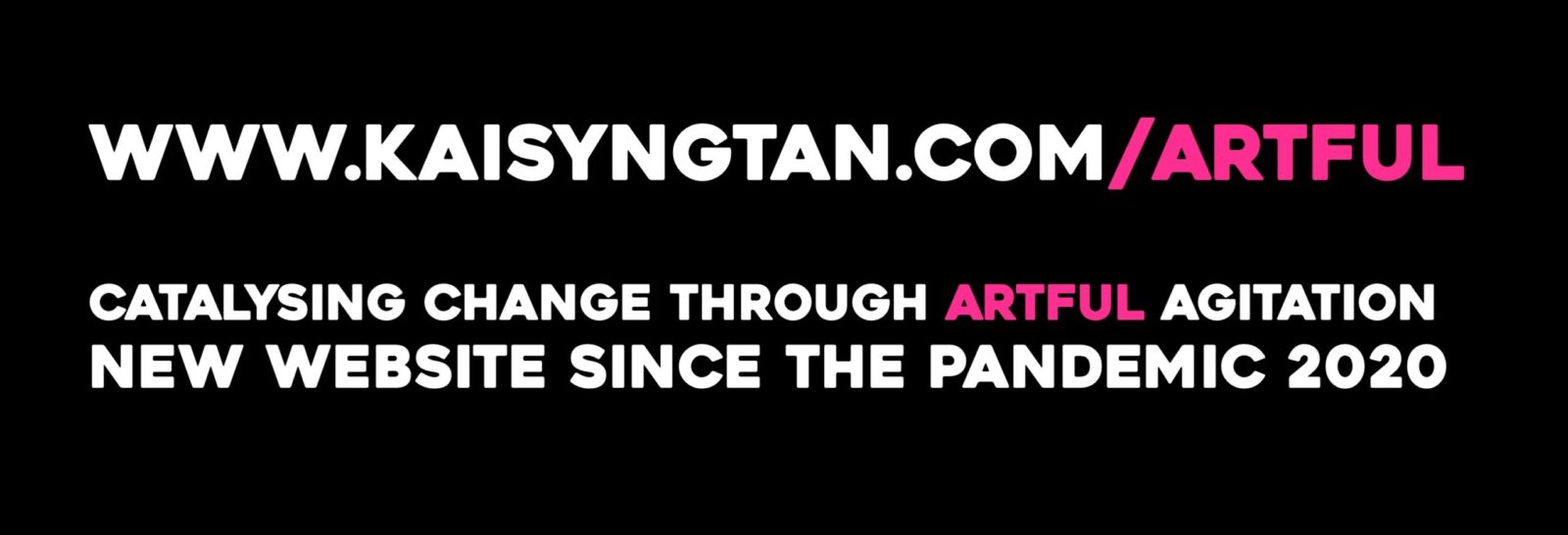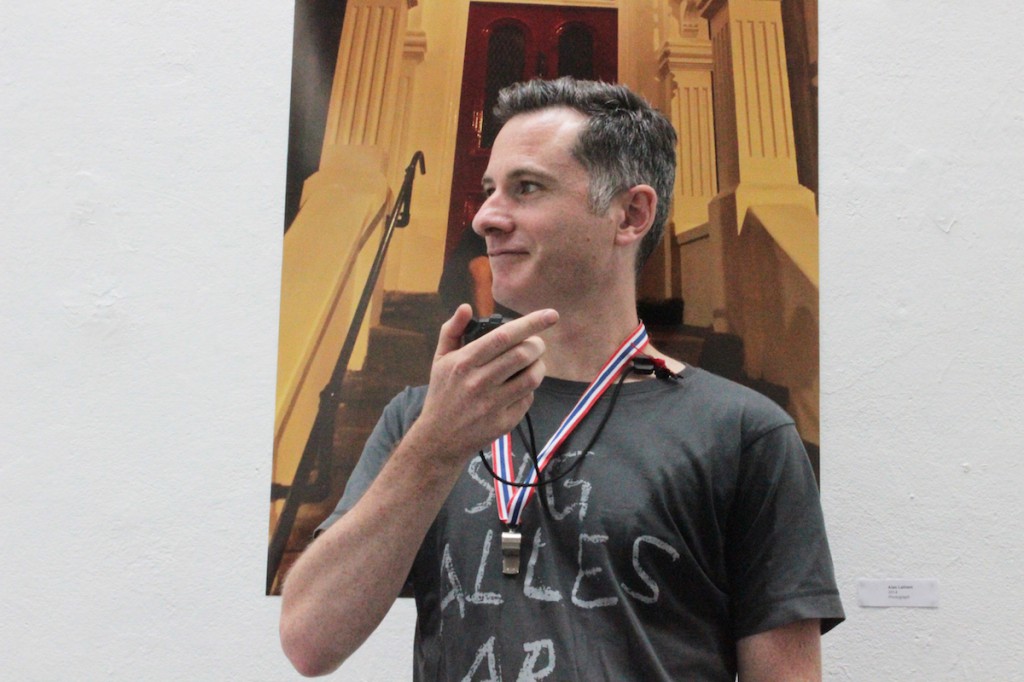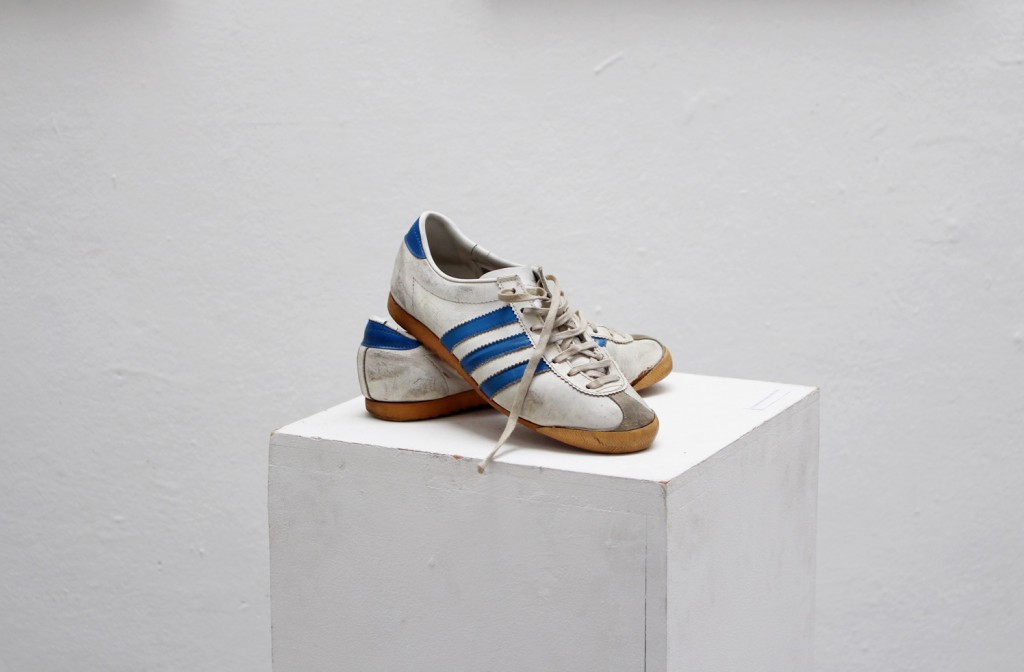DR ALAN LATHAM is an urban geographer. He is a Senior Lecturer of the Department of Geography at University College London, Visiting Professor of Wageningen University, as well as the Co-Director of RUN! RUN! RUN! International Body for Research. Apart from being a highly-experienced researcher (for instance as Co-Investigator of a 4,400,000 Swedish Kroner project funded by the Swedish Research Council), Alan is a pioneer in studying running as an arts and humanities subject, a sub-3-hour marathon runner and a true walking or rather running encyclopaedia of running. Alan has been doing research on running for a number of years, and is currently working on a book on the history of running and aerobic exercise.
[ppmaccordion][ppmtoggle title=”VIDEO CLIP: On ‘PRODUCTIVE ANTAGONISM’ and RUNNING (2015) “]
This is a video documentation of a talk given by Dr Alan Latham on 2015 February 13 at Leeds College of Art. He talks about interdisciplinary collaboration, running and the notion of ‘productive antagonism’.
[/ppmtoggle] [ppmtoggle title=”VIDEO CLIP: THE ZEN OF RUNNING (2008)”]
This is a video documentation of a UCL Lunchtime Lecture given by Dr Alan Latham, Senior Lecturer, UCL Department of Geography, on 21 October 2008. In Dr Latham’s words, as published on the UCL Lunchtime website:
‘In June 2007, soon after the election of the French president Nicolas Sarkozy, a debate broke out in the French media about their new president’s jogging habit. “Western civilization” the philosopher Alain Finkielkraut claimed on national television “in its best sense, was born with the promenade. Walking is a sensitive, spiritual act.” In contrast “Jogging is management of the body. The jogger says I am in control. It has nothing to do with meditation.” In a similar vein the daily newspaper Libération wondered “Le jogging est-il de droite?” (Is jogging right wing?). And beneath a photograph of a muscular, shirtless, iPod wearing jogger it asked rhetorically, “Qui va croire que ce grand garçon vote LCR?” (Who believes that this big boy votes LCR?). Curiously, the emergence of jogging as a mass fitness activity in the 1960s and 1970s was closely associated with its ability to engender all sorts of new ways of thinking. This lecture explores this relationship between physical activity and thought.’
Read up more about Latham’s Lecture here, here and here, in an article published in the Independent.[/ppmtoggle] [ppmtoggle title=”BIOGRAPHY”]
- 1990 BA (Economics and Geography) Massey University
- 1992 MA (Human Geography), Massey University
- 1997 PhD, University of Bristol
- 1996-1997 DAAD Visiting Research Fellow, Technische Universität Berlin
- 1997-1999 NZFoRST Research Fellow, University of Auckland
- 1999-2006 Lecturer in Geography, University of Southampton
- 2006-2010 Lecturer in Geography, UCL
- 2010- Senior Lecturer in Geography, UCL [/ppmtoggle] [ppmtoggle title=”RESEARCH INTERESTS”]In Alan’s words: I am an urban geographer. My research focuses on three key areas:
-
Sociality and urban life. I am interested in the everyday patterns of sociality through which urban dwellers go about “making a world” (Hannerz 1980) for themselves in the city. Perhaps because it is often playful and just plain banal, sociality has frequently been taken for granted or overlooked by mainstream social science. It has been left to inspired mavericks like Simmel, Goffman and Garfinkel to study the patterns and dynamics of sociality. Drawing on these writers and that of contemporary researchers like Pahl and Maffesoli I have through research projects in Berlin, London and Auckland been exploring the socialities through which a range of distinctive urban cultures emerge and are maintained. I am interested in the unique – if often fragile – bonds of solidarity that urban sociality generates.
-
Globalization and the cultural economy of cities. If sociality is at the core of the urban experience, so too is globalization. Cities are places where different cultures and ideas rub together and generate all sorts of new hybrids. Parallel to my interest in sociality, a second focus of my research is on the small scale and intimate levels of this mixing. I look at the ways that people incorporate previously alien materials and practices into their day-to-day existence, and how these materials are employed in reconfiguring existing social relationships. I am particularly interested in the key role played by certain cultural entrepreneurs – and the networks they build – in facilitating and managing these processes of translation and movement.
- Corporeal mobility. Globalisation is about the movement of materials, images, ideas and people across international borders. All sorts of other forms mobility also define the contemporary city. My third research interest focuses on the intersection between these two facts. I am interested in the ways which certain internationally mobile individuals and groups use globalization – and the transportation and communication networks that sustain it – to create life-projects that are strung across enormous distances. Drawing on the work of Ong, Raj, M. P. Smith, and others I am interested in exploring the mundane, quite ordinary, relationships and practices through which educated migrants to world cities like London negotiate their way through the city. A particular focus is on the role of friendship networks and personal relationships in configuring people’s movement.
[/ppmtoggle] [ppmtoggle title=”RESEARCH GRANTS”]
-
- 1996-1997: DAAD Junior Academic Research Grant for Practical Knowledge and Experiencing Urban Space: an empirical study of a district in Berlin, £2,955.00
- 1997-1999: New Zealand Foundation for Research Science and Technology grant for Auckland’s Changing Urbanities: the making and enacting of a new urban culture, £58,494.00
- 2001-2003: Royal Geographical Society and HSBC grant for Antipodean Transnationals: New Zealand migrants in London, £1,800.00
- 2012-2013: The Spaces of Recreational running, UCL ‘Bridging the Gaps’ Fund 2011, with Dr Russell Hitchings (Department of Geography UCL), Dr Courtney Kipps (Department of Sports Medicine, UCL), £4,500
- 2014-2016: Formas, Swedish Research Council, Reinterpreting Fitness Running. Co-investigator. Principle investigator Prof Mattias Qvistrom, Swedish University of Agricultural Sciences. 4,400,000 Swedish krona.
[/ppmtoggle] [ppmtoggle title=”PUBLICATIONS”]Click here and here for full list and downloads. [/ppmtoggle][/ppmaccordion]
Image above of Dr Alan Latham by Sami Ramzi Chibane; image below of Dr Latham’s Museum of Running by Robin Kang, both during the inaugural RUN! RUN! RUN! International Festival of Running 1.0.


